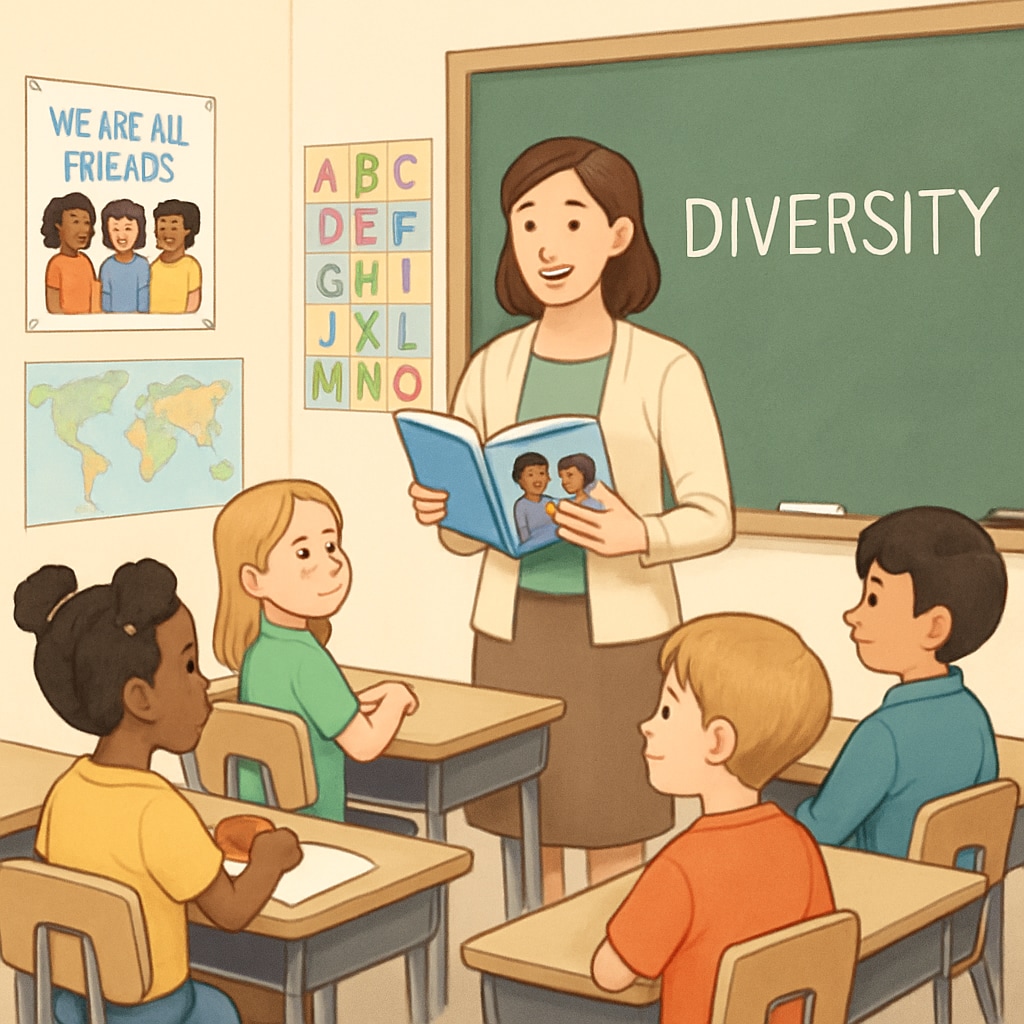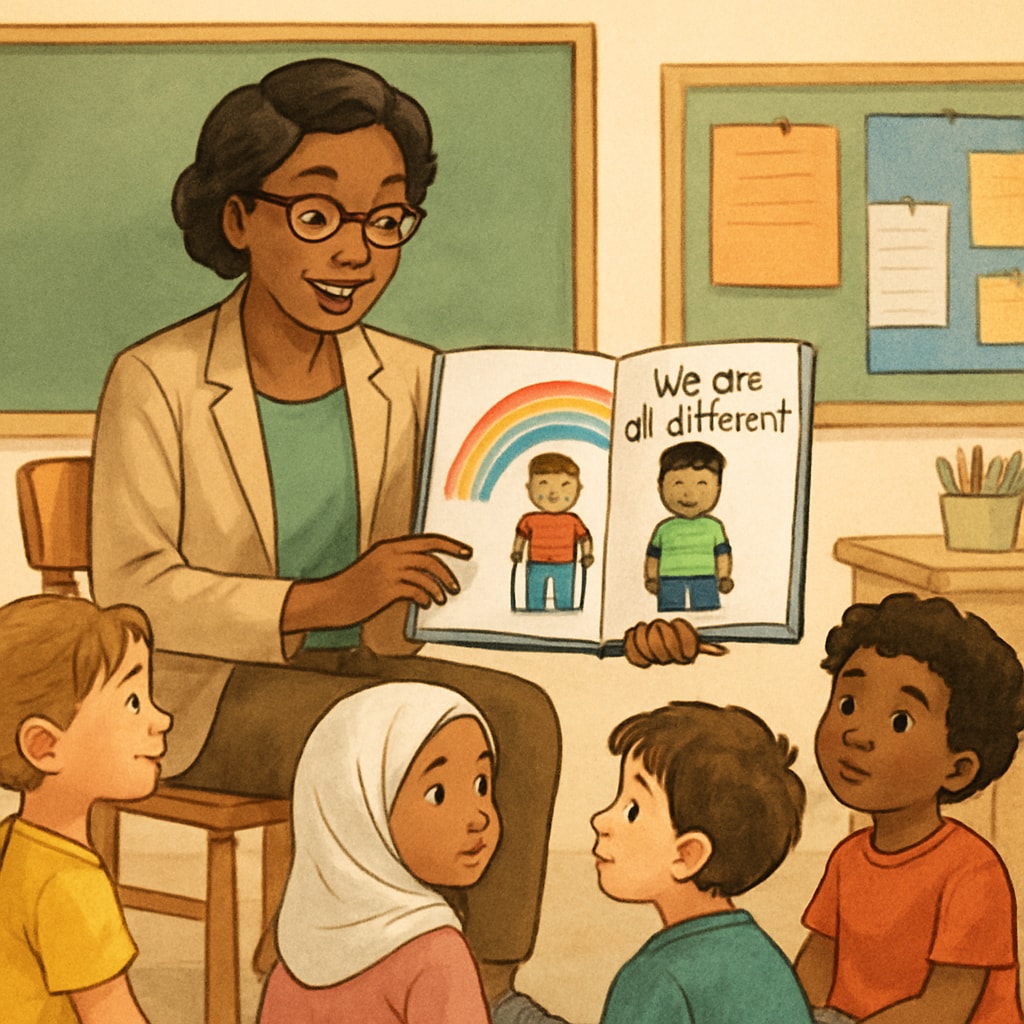Integrating complex societal topics, such as racial segregation, into first-grade education raises important questions about age appropriateness and developmental readiness. While early learning primarily focuses on foundational academic skills, educators increasingly recognize the importance of introducing social awareness in age-appropriate ways. Striking a balance between core curriculum and societal education is crucial for fostering a healthy understanding of the world in young learners.
The Cognitive Development of First Graders
Children in the first grade typically range from six to seven years old—a stage marked by emerging cognitive and emotional abilities. According to Jean Piaget’s stages of cognitive development, first graders fall within the “preoperational” stage, where they begin to engage in symbolic thinking but still struggle with abstract concepts. As a result, introducing topics like racial segregation must be carefully tailored to their developmental stage. Simplified stories, relatable narratives, and visual aids can help children grasp the essence of social challenges without overwhelming them.

Age-Appropriate Methods for Addressing Social Issues
When introducing first graders to social issues, educators should prioritize methods that align with their age and readiness. For example:
- Storytelling: Using picture books that depict themes of fairness, inclusion, and kindness can provide an accessible entry point into broader societal topics.
- Interactive Activities: Role-playing scenarios that emphasize empathy and teamwork can encourage children to think critically about fairness and collaboration.
- Art Projects: Creative exercises, such as drawing or group crafting, allow children to express their understanding of complex topics in a non-verbal and approachable manner.
These methods ensure that the information presented is both digestible and meaningful for young minds. For example, discussing themes of inclusion through books like “The Sneetches” by Dr. Seuss can introduce the concept of equality without delving deeply into historical or political complexities.

Balancing Core Curriculum with Social Awareness
First-grade education must prioritize basic academic skills, such as reading, writing, and mathematics, while also laying the foundation for future social awareness. Schools can integrate social topics into existing subjects without compromising academic learning. For example:
- Literacy: Select reading materials that subtly address themes of diversity and fairness.
- Social Studies: Focus on community-building and relatable concepts like friendship and teamwork.
- Classroom Rules: Embed discussions about fairness and respect into daily routines, reinforcing social values through practical application.
By combining core academic objectives with age-appropriate social education, schools can nurture both intellectual and emotional growth in young learners.
The Importance of Teacher Training
Implementing social topics into early education requires skilled educators who understand the nuances of age-appropriate teaching. Professional development courses focused on child psychology and inclusive pedagogy can equip teachers with the tools needed to introduce sensitive issues effectively. Furthermore, collaboration among educators, parents, and community leaders can ensure that these topics are approached in a supportive and unified manner.
In addition, resources like Child Development on Wikipedia and Education on Britannica provide valuable insights into how schools can align curricula with developmental milestones.
By fostering collaboration and providing targeted training, schools can create a safe and enriching environment for discussing social issues without detracting from core academic goals.
Conclusion: Finding the Balance
Introducing complex societal topics, such as racial segregation, into first-grade education requires thoughtful planning and age-appropriate methods. By considering the cognitive development of first graders and integrating social lessons into existing curricula, educators can nurture empathy and awareness without overwhelming young learners. The goal is to strike a balance between foundational academic learning and meaningful social education, ensuring children develop both intellectual skills and emotional intelligence.
Ultimately, addressing social issues in first-grade education is not about teaching history lessons; it is about planting seeds of understanding and compassion that can grow as children mature. With careful planning, schools can create a curriculum that equips young learners with the tools to navigate the increasingly interconnected world around them.


